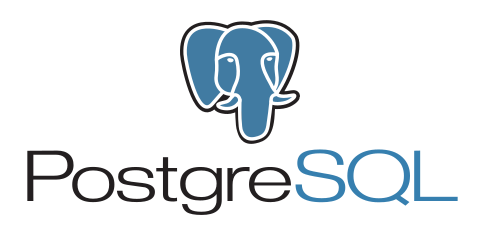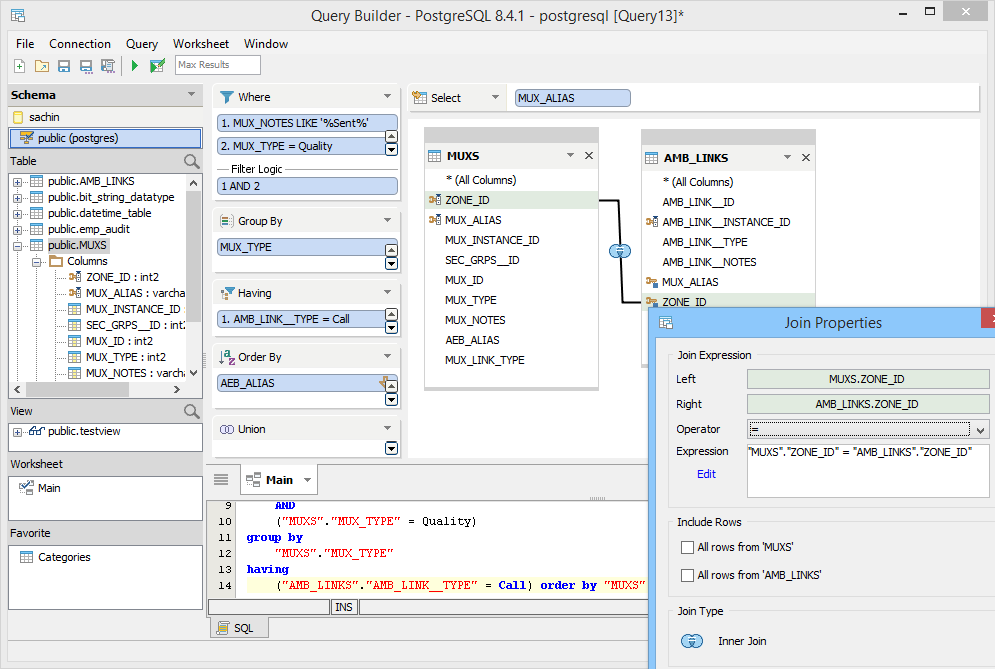

#POSTGRESQL FREE#
Heroku-postgresql (postgresql-concave-52656) hobby-dev free created Use the heroku addons command to determine whether your app already has Heroku Postgres provisioned: $ heroku addons Heroku automatically provisions Postgres for apps that include certain libraries, such as the pg Ruby gem. Provisioning Heroku Postgresīefore you provision Heroku Postgres, confirm that it isn’t already provisioned for your app.
#POSTGRESQL UPGRADE#
If your app’s requirements eventually outgrow the resources provided by the initial plan you select, you can easily upgrade your database. Pricing information for Heroku Postgres plans is available on the Heroku Postgres add-on page.

For more information on what each plan provides, see Choosing the Right Heroku Postgres Plan.

Heroku Postgres offers a variety of plans, spread across different tiers of service: hobby, standard, premium, and enterprise. In addition to a variety of management commands available via the Heroku CLI, Heroku Postgres provides a web dashboard, the ability to share queries with dataclips, and several other helpful features. You can access a Heroku Postgres database from any language with a PostgreSQL driver, including all languages officially supported by Heroku. Heroku Postgres is a managed SQL database service provided directly by Heroku. Eligible students can apply for platform credits through our new Heroku for GitHub Students program. If you have apps using any of these resources, you must upgrade to paid plans by this date to ensure your apps continue to run and retain your data. Hipsters, however, are also glomming onto the virtue of boredom: As one person posted at Hacker News, “It’s not hip and takes a bit to set up, but after you are done, you have a reliable workhorse with all the stuff you need.Starting November 28, 2022, free Heroku Dynos, free Heroku Postgres, and free Heroku Data for Redis® plans will no longer be available. In part, this is because oldsters appreciate its steady reliability. That said, neither MySQL nor Oracle are going to lose their places as the Top 2 most popular database technologies in the world anytime soon, to PostgreSQL or anything else. OpsCompass CTO John Grange indicates that his clients prefer PostgreSQL in significant part because it’s not Oracle. Why? Because MySQL has one primary contributor: Oracle. This last point is telling, because it’s very possible that over time PostgreSQL will displace MySQL. It’s a true, vendor-neutral open source community. The documentation is wonderful, the data types reflect the types developers work with, and there is little surprising.” Unlike every other Top 10 database, PostgreSQL doesn’t depend on any single vendor. Not only that but, as Elijah Zupancic, Joyent’s director of solutions engineering, put it to me, PostgreSQL also gets developer essentials right: “From a developer perspective, it is a pleasure to use. In fact, when I asked why PostgreSQL is experiencing such a renaissance, most respondents focused on the impressive (if boring) aspects of the database: its focus first on data integrity and correctness, ability to extend the database through runtime extension hooks, and the opportunity to query other systems within PostgreSQL through foreign data wrappers. Making the boring things boringīeyond this newfangled scale and NoSQL-y functionality, PostgreSQL has always done the essentials of a database well. With Citus, scale comes natively to PostgreSQL. In this way, as Craig Kerstiens, Citus’s head of cloud, says, SaaS startups or established enterprises that start with PostgreSQL can do so without worrying that they’ll later need to rearchitect for NoSQL to get scale. The company behind Citus provides commercial tools (as well as a fully managed Citus database), but the tools simply make it easier to manage the scaling. With Citus, an open source extension to PostgreSQL, it’s now easy to scale out PostgreSQL across multiple nodes and intelligently distribute transactions and SQL queries to get massive parallelism, as well as a much bigger compute, memory, and disk footprint for the database.


 0 kommentar(er)
0 kommentar(er)
